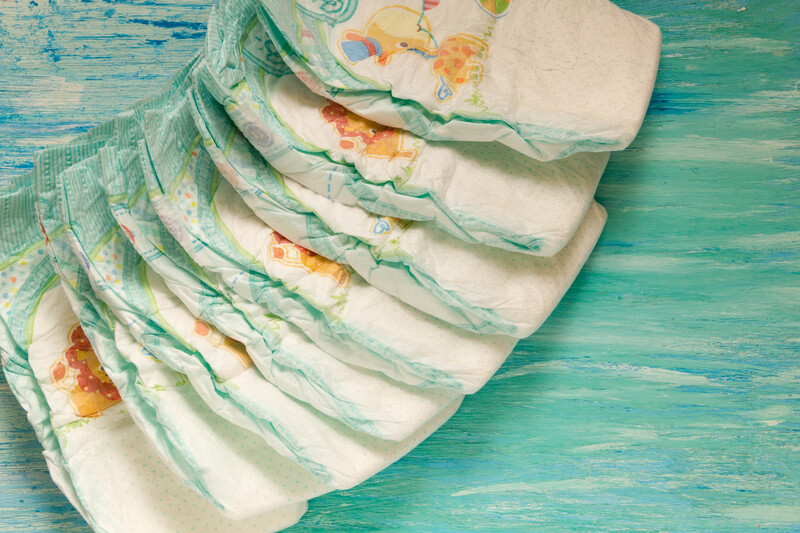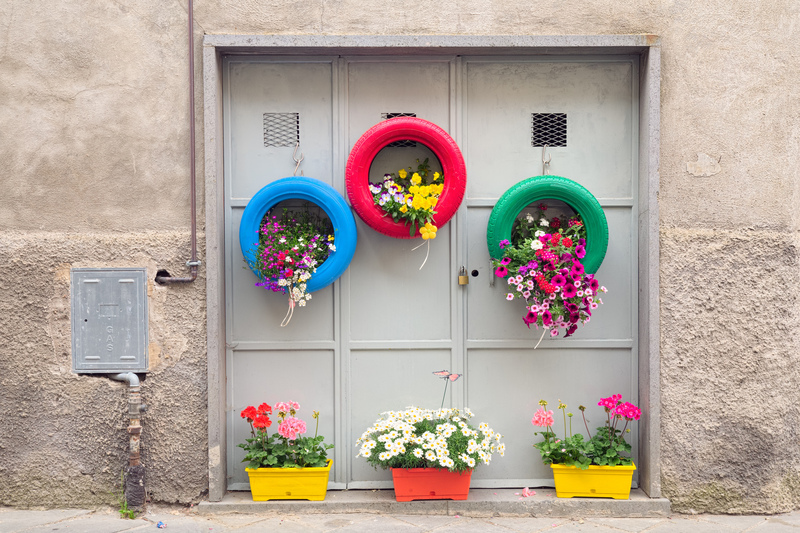Eco-Friendly Easter: How to Recycle Your Egg Packaging
Posted on 04/06/2025
Easter is a time of celebration, family gatherings, and indulging in delicious treats. This holiday is also associated with the tradition of decorating and hunting for colorful eggs. However, the packaging that comes with these eggs often ends up in landfills, contributing to environmental pollution and damage. As we become more aware of the impact of our actions on the planet, it's important to consider eco-friendly options for our Easter celebrations. In this article, we will discuss how you can recycle your egg packaging and contribute towards creating a greener world.
The Problem with Egg Packaging
The traditional way of packaging eggs involves using polystyrene foam or plastic cartons. These materials are not biodegradable and take hundreds of years to decompose in landfills. Moreover, producing them requires a significant amount of energy and resources, which further adds to their environmental impact.
Furthermore, polystyrene foam and plastic cartons are not easily recyclable in most curbside recycling programs. This means that they often end up in landfills or incinerators, releasing harmful toxins into the environment.

The Solution: Recycle Your Egg Packaging
The good news is that there are alternatives to traditional egg packaging that are more eco-friendly. Many companies have started using sustainable materials such as cardboard or molded pulp for their egg packaging. These materials are biodegradable and can be recycled easily.
Before purchasing your eggs, look for brands that use sustainable packaging materials. You can also choose to buy eggs from local farmers who use eco-friendly methods for packaging.
If you already have plastic or foam egg cartons at home, don't throw them away. Instead, find a local recycling center or drop-off location that accepts these materials for recycling.
Benefits of Recycling Egg Packaging
Recycling your egg packaging has numerous benefits for both the environment and our society. Here are some of the pros of opting for eco-friendly Easter egg packaging:
1. Reduces Waste: By recycling your egg packaging, you can prevent tons of non-biodegradable materials from ending up in landfills.
2. Saves Energy: Producing recycled materials requires less energy compared to producing new materials. This helps to conserve natural resources and reduce carbon emissions.
3. Promotes Sustainability: By choosing sustainable egg packaging options, we can support companies that prioritize environmental responsibility and encourage them to continue their efforts towards sustainability.
4. Generates Employment: The recycling industry creates job opportunities for individuals, contributing to the economy and local communities.
Tips for Recycling Your Egg Packaging
Here are some tips to keep in mind while recycling your egg packaging:
1. Remove any excess food residue from the packaging before recycling.
2. Check with your local waste management authority about the accepted materials for recycling in your area.
3. Consider reusing or repurposing egg cartons for craft projects or storage solutions before recycling them.

Takeaways
1. Traditional egg packaging made of polystyrene foam or plastic is harmful to the environment.
2. Choose eggs packaged in sustainable materials like cardboard or molded pulp to contribute towards a greener future.
3. Recycle your egg packaging to reduce waste, save energy, and support sustainability efforts.
In Conclusion
This Easter, let's make a conscious effort towards creating an eco-friendly celebration by recycling our egg packaging. By doing so, we can minimize our impact on the environment and contribute towards building a more sustainable world for ourselves and future generations.
Latest Posts
Environmental Harm from Poor Waste Practices

 020 3744 5548
020 3744 5548










